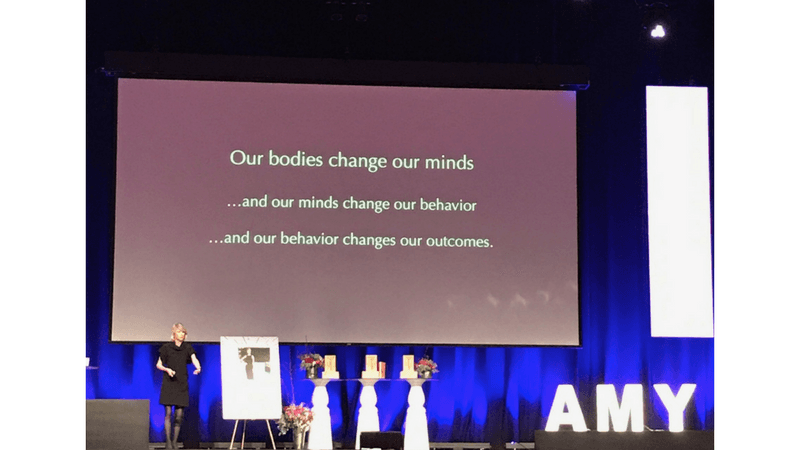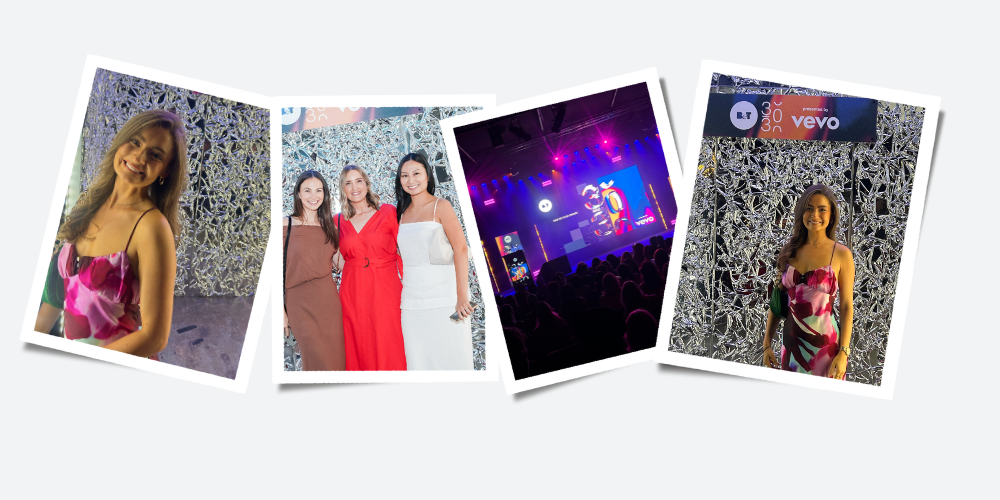Working from home. How to make it work.
Technology has allowed us to work from home and also to travel while working. Depending on your job you can plug in pretty much anywhere in the world and as we see more creative agencies moving to a flexible working structure, another problem presents itself; when to power off?
Agency folk are traditionally workaholics (among other things) and without the ticking wall clock to tell us when it’s “pens down” how do you manage your time while on the road or at home and how do you avoid blurring the lines of work and life while staying on top of your to-do list.
As we see a move to entrepreneurial attitudes, start-up tech businesses and a staggering 73% of millennial employees stating they would be more loyal to a business if they could work flexibly, which also features highly on the wish list of working mums, questions on structure, management, trust and autonomy need to be addressed.
As every individual is different we thought it would be worth getting the perspective of someone who has climbed the agency ranks in the traditional agency working hours, all the way to GM level, and who has bravely gone where now many women have gone before and started her own consulting business with nothing more than a laptop and a notepad.
iknowho’s own internal business coach Danni Uglow shares her insights into managing multiple projects not knowing where tomorrow’s “desk” is going to be and still making time for a cheeky wine or 7 on weekends.
Danni, you spent 15 years working in multiple creative agencies right up to General Manager level. What was the original motivation to go out on your own and how was the transition from the traditional 8-7pm to total freedom?
The motivation was that I saw a gap in the market for small to medium sized businesses who required an operational and HR resource that they typically couldn’t afford on a full-time basis.
Initially, it was scary to not know where the next paycheck was coming from but the flexibility of having lunchtime by the swimming pool quickly overcame that! Being able to be in control of your day is extremely empowering and even when you fall into the standard pitfalls of working more hours then you used to – it’s your own decision!
You currently work across 5-7 clients all completely different and all over Sydney, what is your process in prioritising?
Fill the diary with the big blocks first and work ad hoc meetings and shorter projects around these. The aim is to build strong relationships with clients to allow for flexibility on both sides.
How do you ensure that your workload doesn’t creep into the weekends and evenings?
Short answer, I don’t. It comes down to prioritising time and workload. Sometimes I may take time out through the week but then need to work on a weekend it’s all about choice!
What are your tricks for staying motivated and providing yourself with some sense of structure?
Having a well-set office space, not working from the couch. Enjoying what you do and ensuring you block out time for what makes you happy/motivated whether it be the gym in the mornings or any other wellbeing activity and structuring your day around those things (within reason of course) it’s about finding a balance and sticking to it.
With your experience in operations, HR and business management what would be your recommendations to a business who is looking at offering flexible working hours to their employees?
To assess each of the roles for individual suitability for working remotely, ensuring tools and systems are in place to maximise efficiency for employees working from home (cloud software, laptops etc) and talk to your team keeping communications open about what flexibility means to each individual.
It’s an exciting time to be working within the creative agency space with so many more agencies offering empowering incentives to retain your staff. If you have any questions about how your business could adopt flexible working arrangements or any other forward-thinking benefits please get in touch.

My top 3 tips you can use in an interview situation:
Prepare before you go in – hold a power pose (even for as little as 10 seconds) before entering the office you’re going to attend an interview
Open posture – Don’t go into the interview holding the power pose FYI! Keep an open posture though, keep your hands away from torso and it will allow the feeling to continue and those you are with to feel you are present.
Attend to others posture - be conscious of other peoples’ posture, whether they are closed or open and whether what you are saying or doing can change this.
So get powerful, start posing and “don’t fake it until you make it, fake it until you
become it”, I am certainly going to be trying it!










